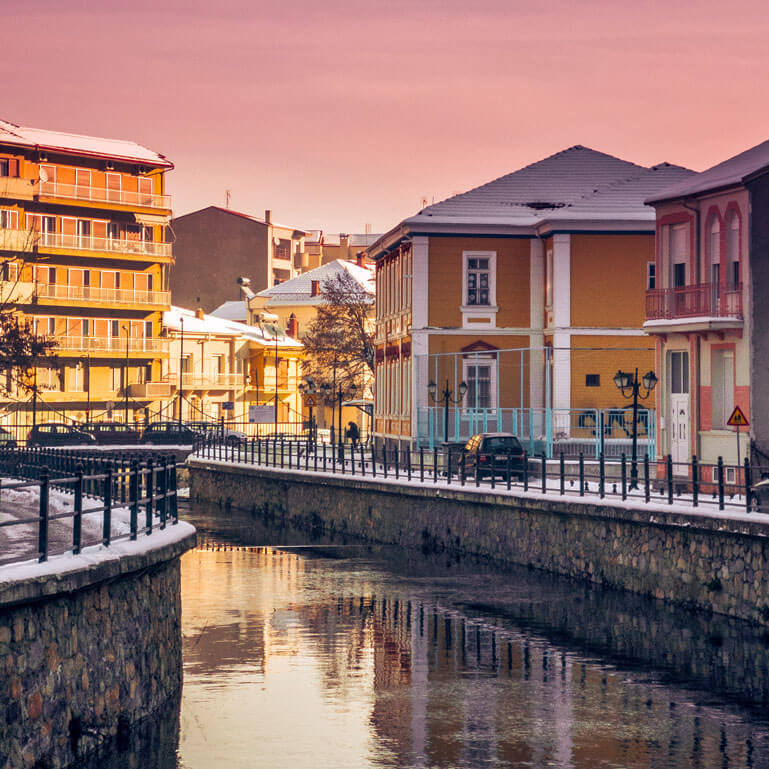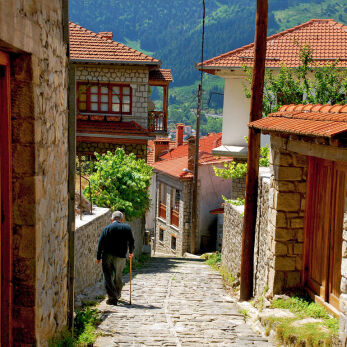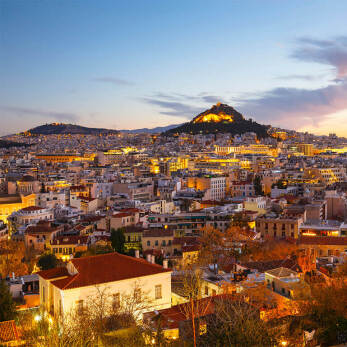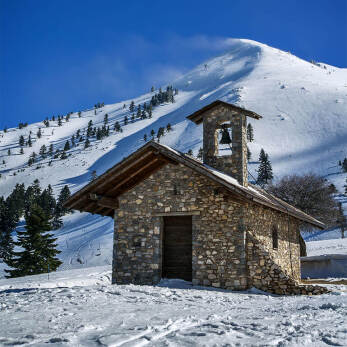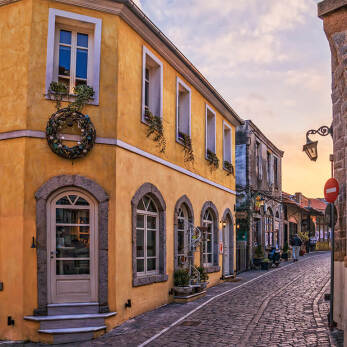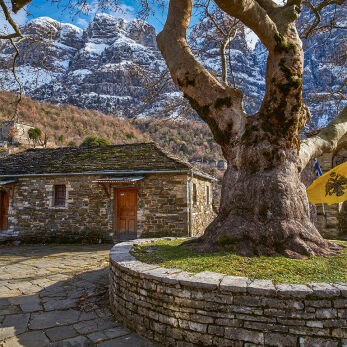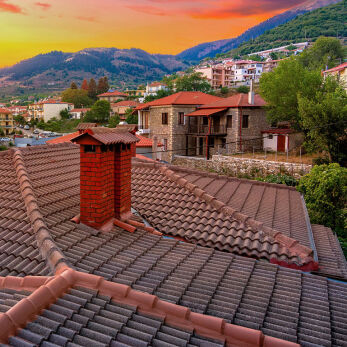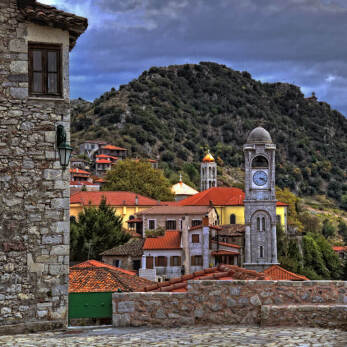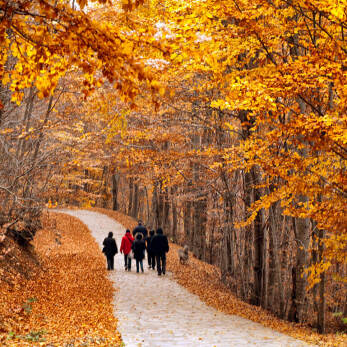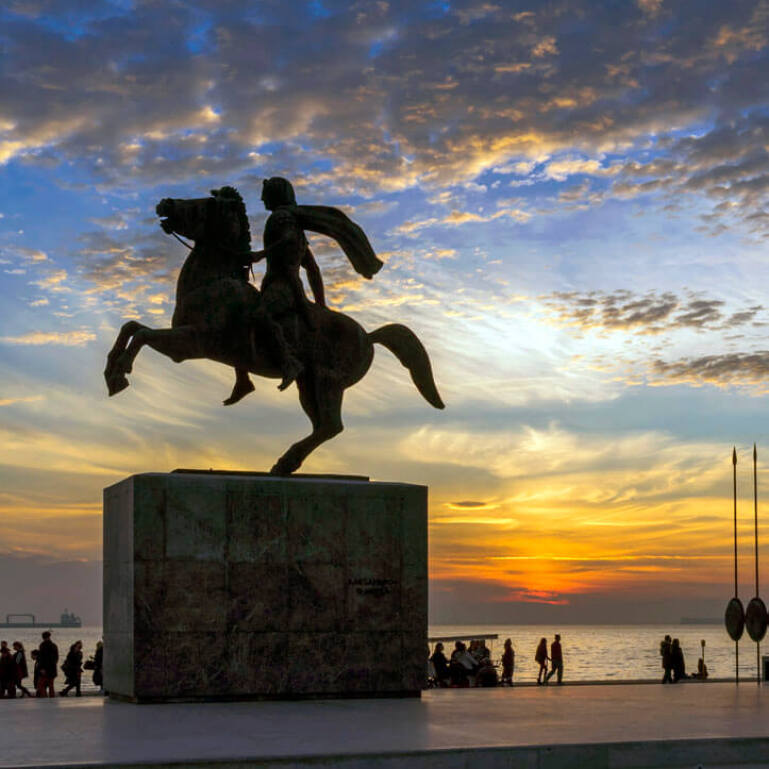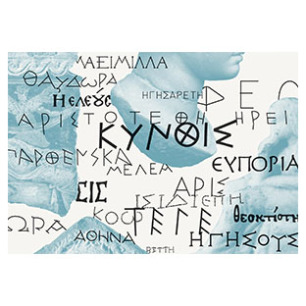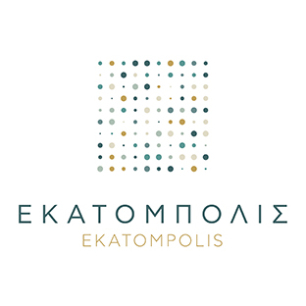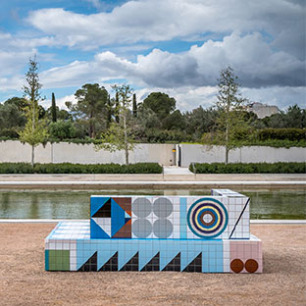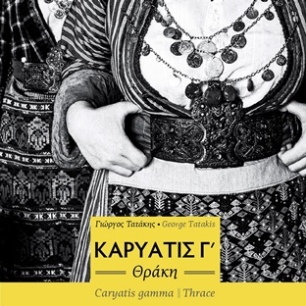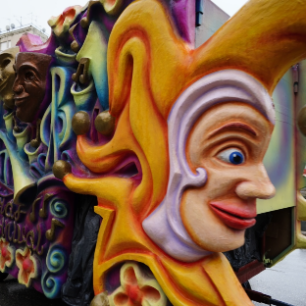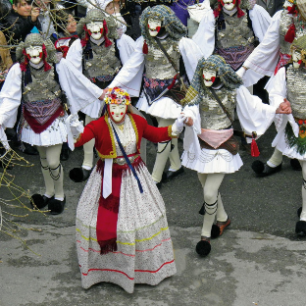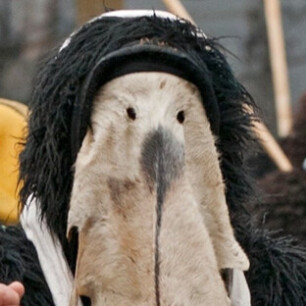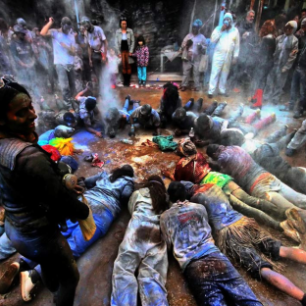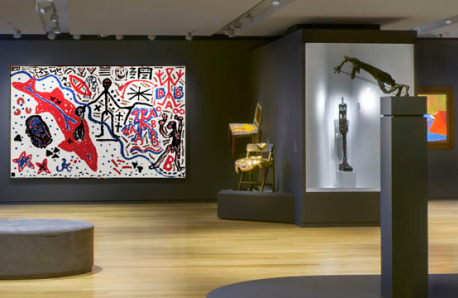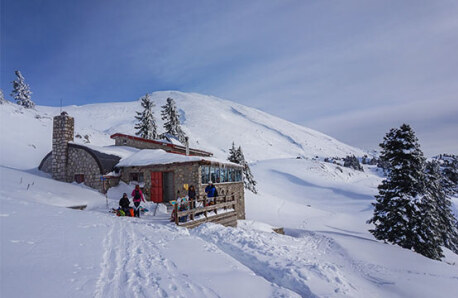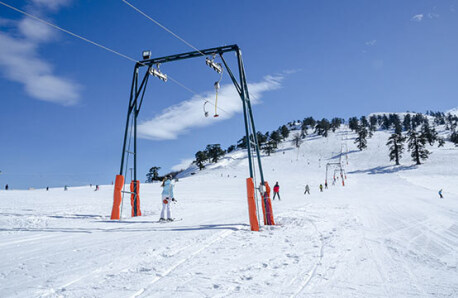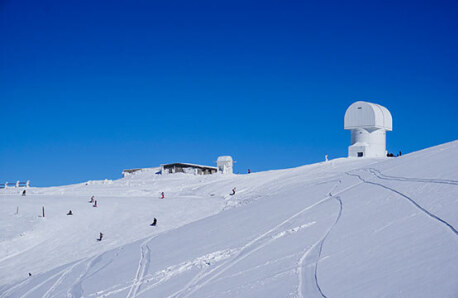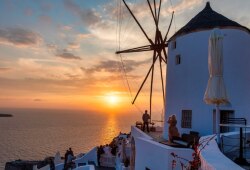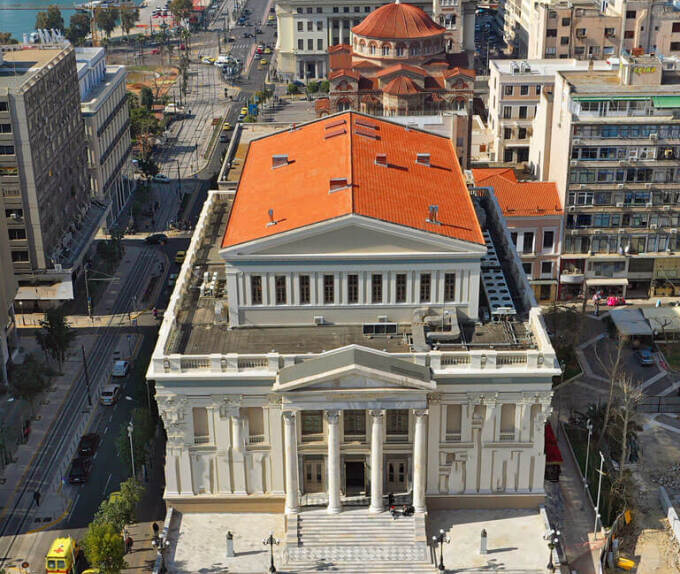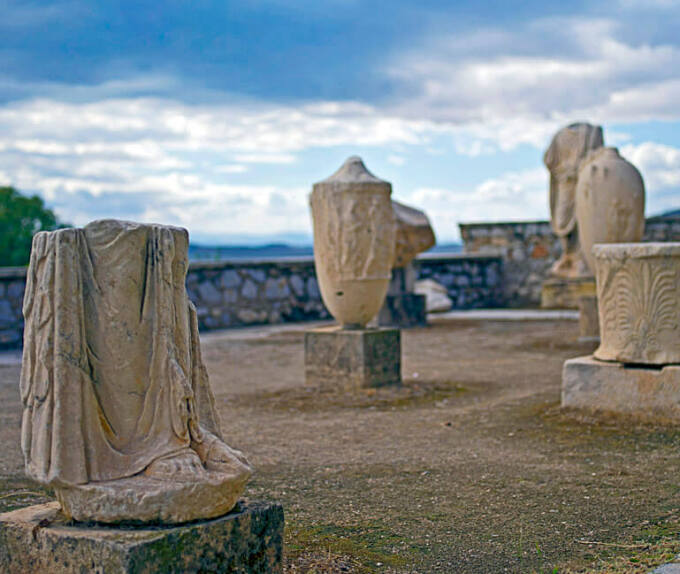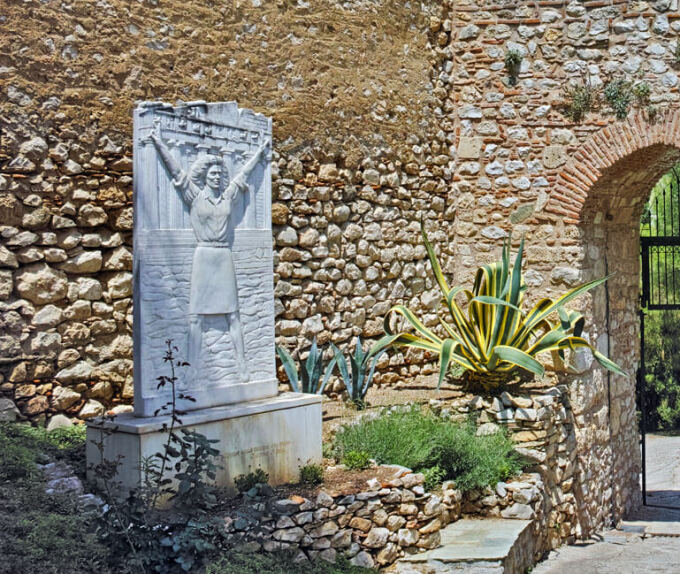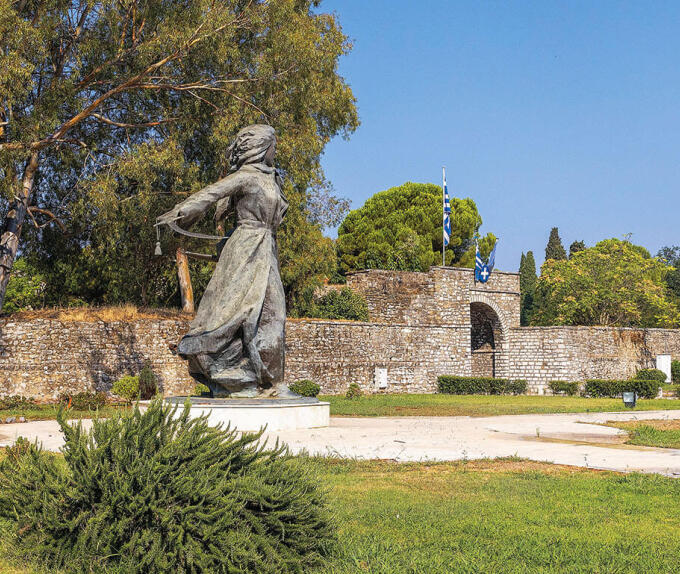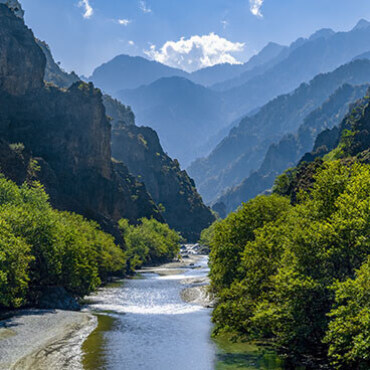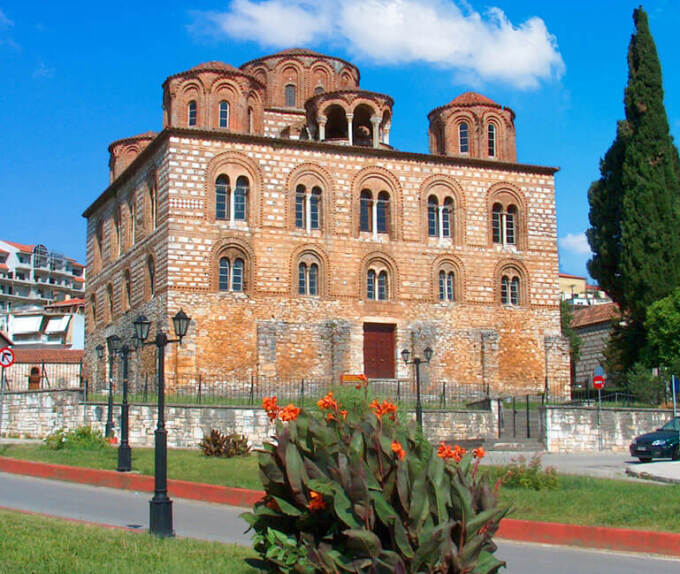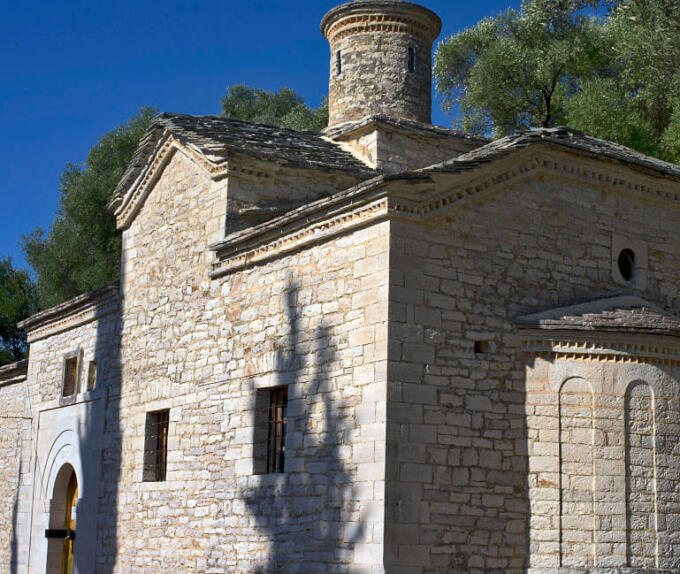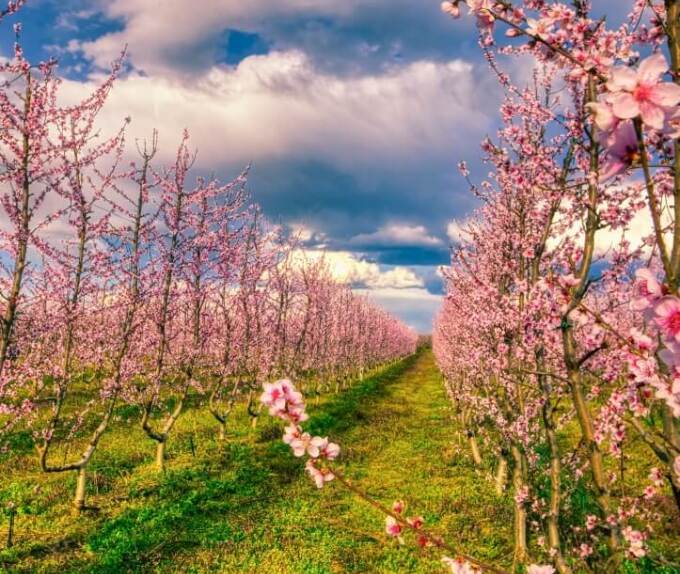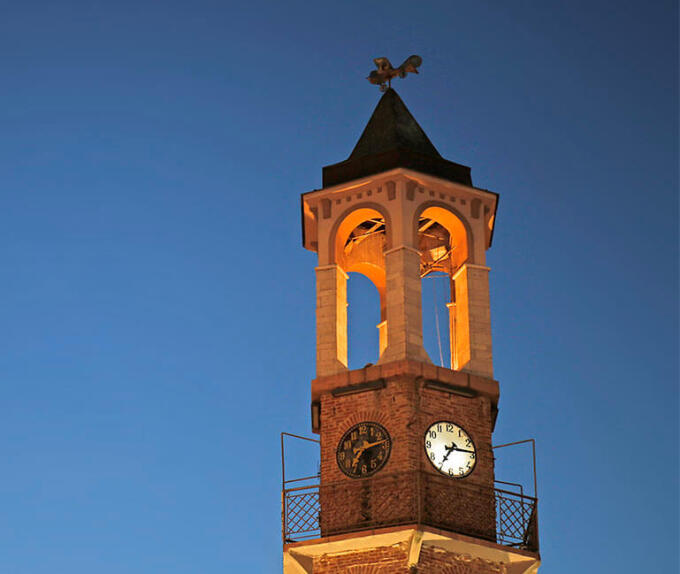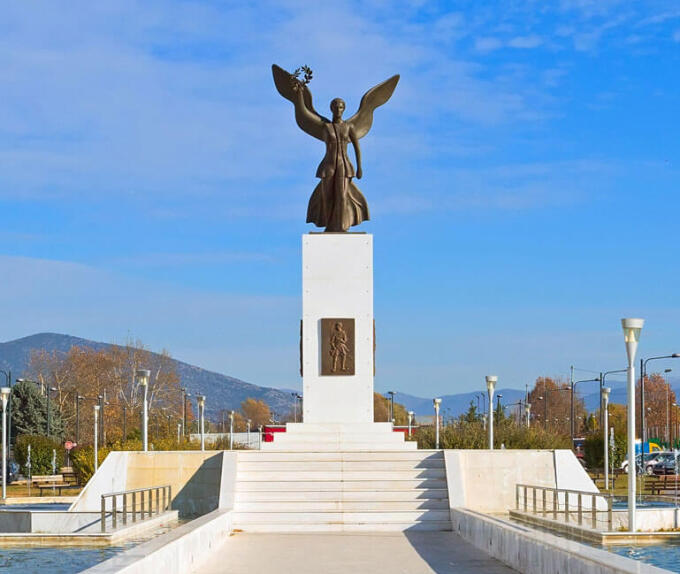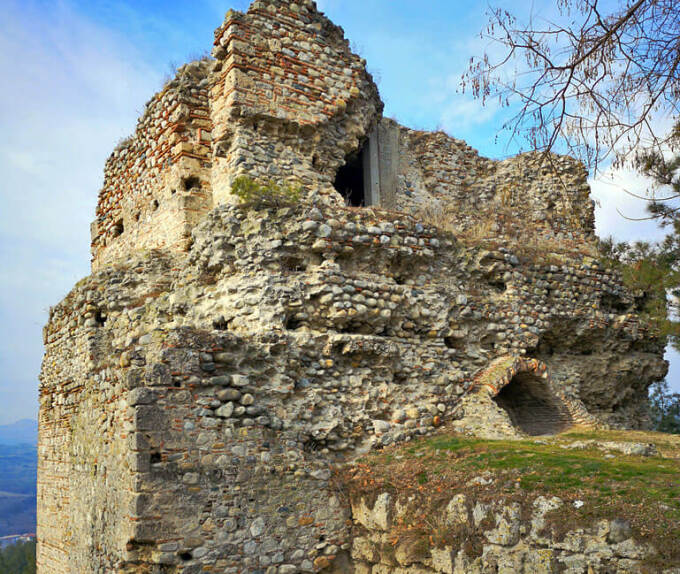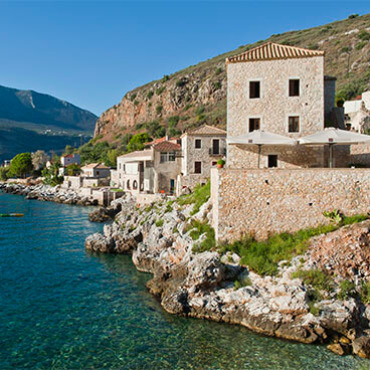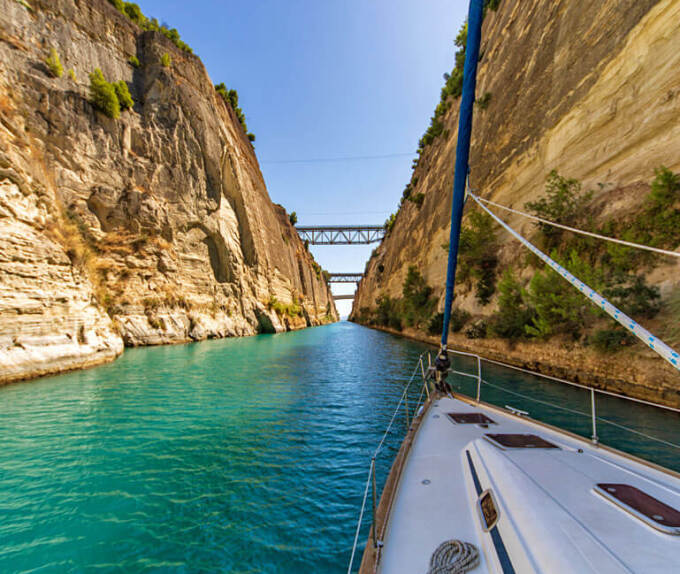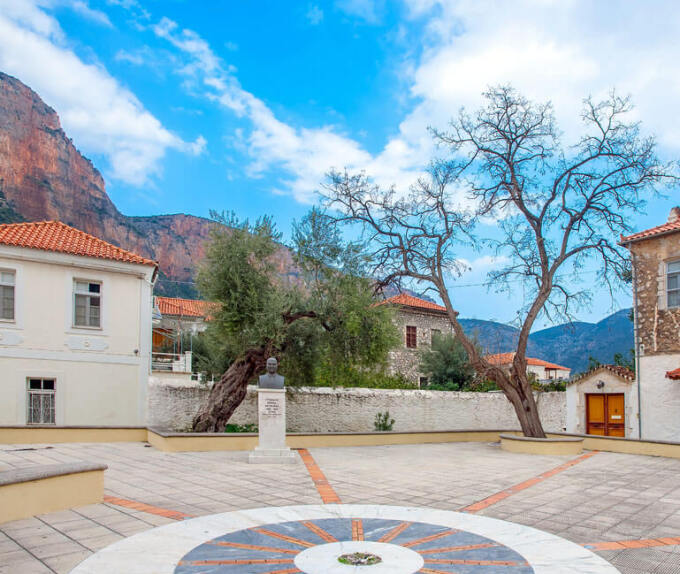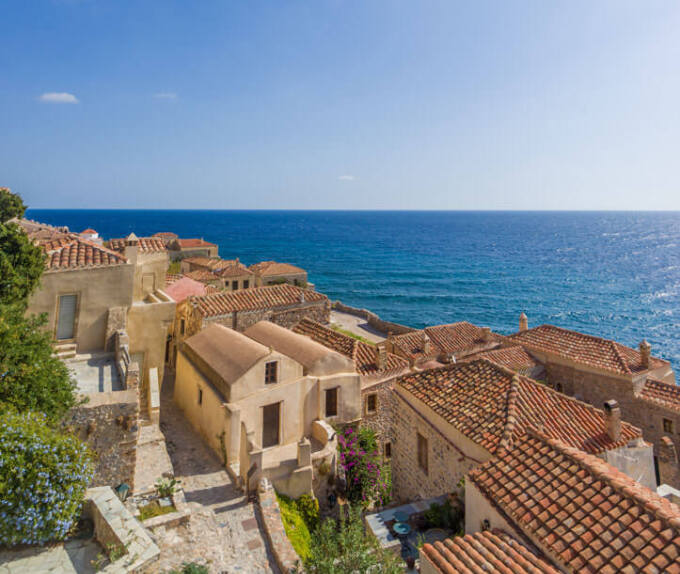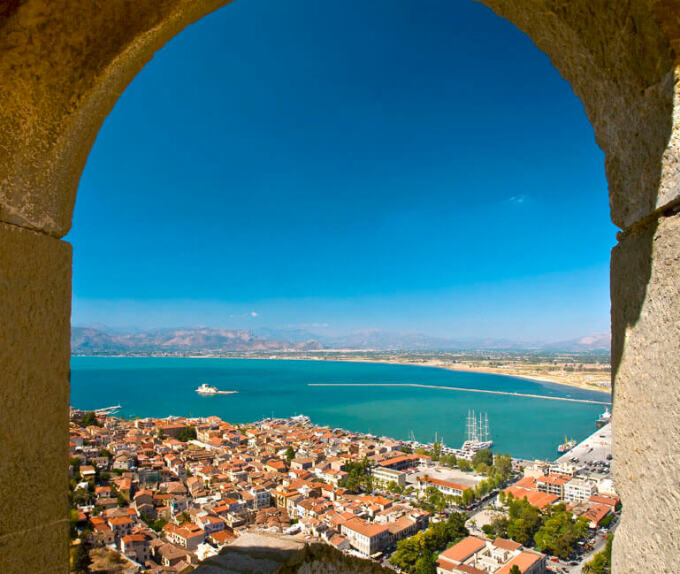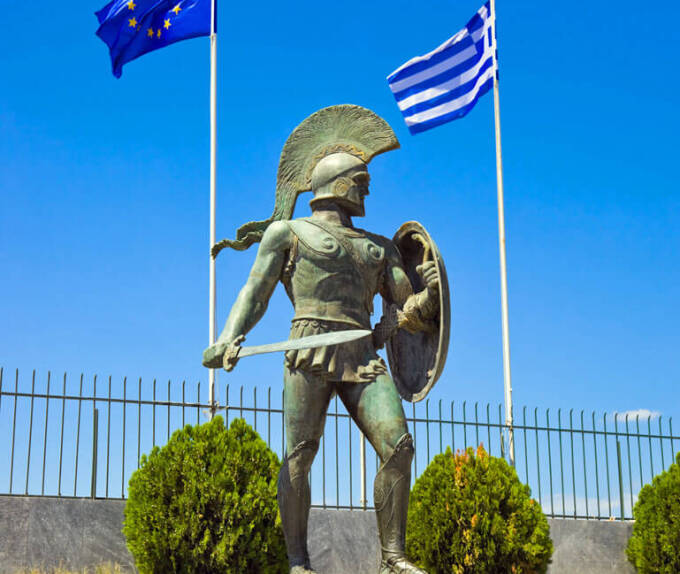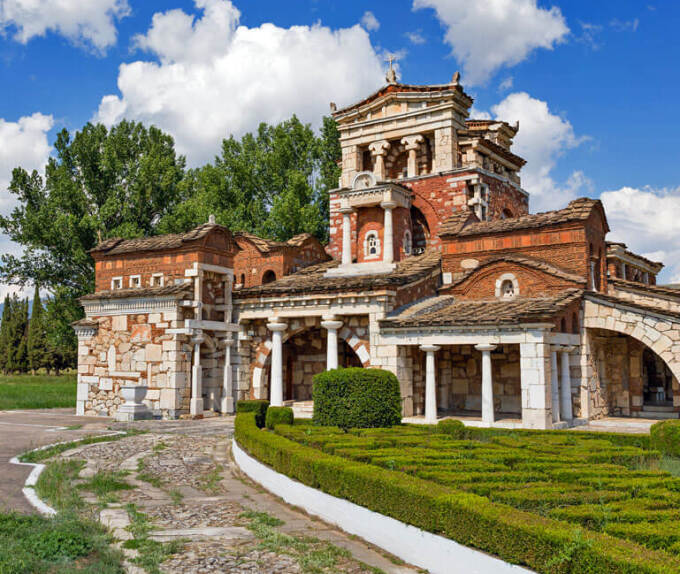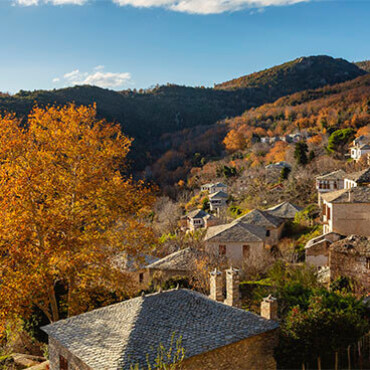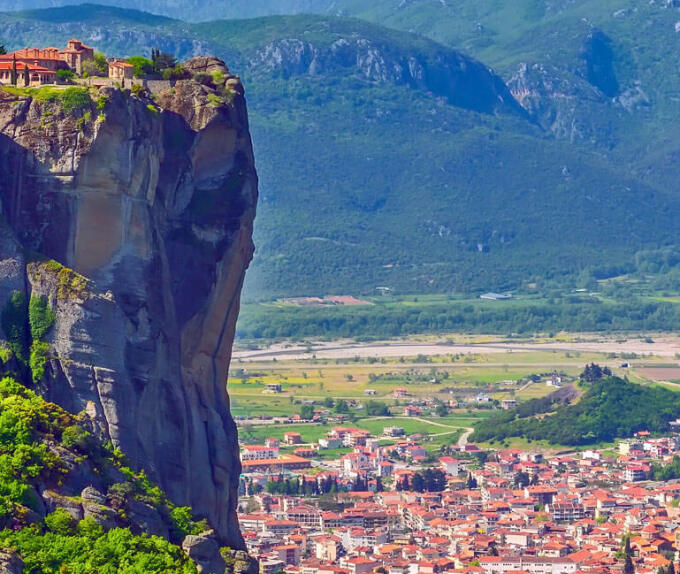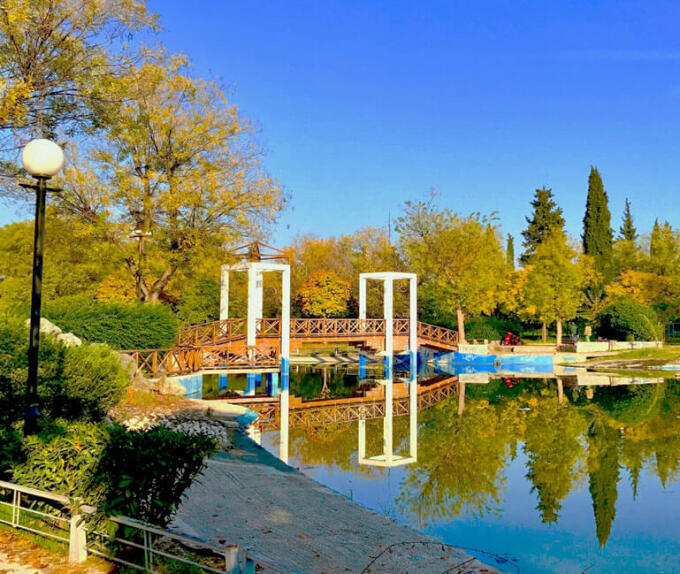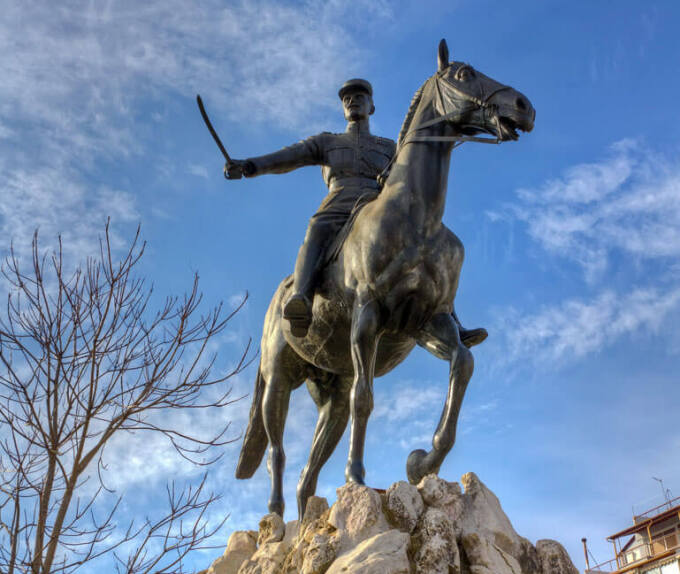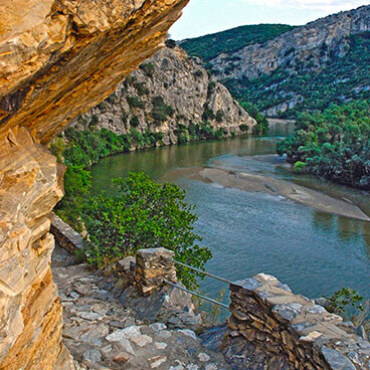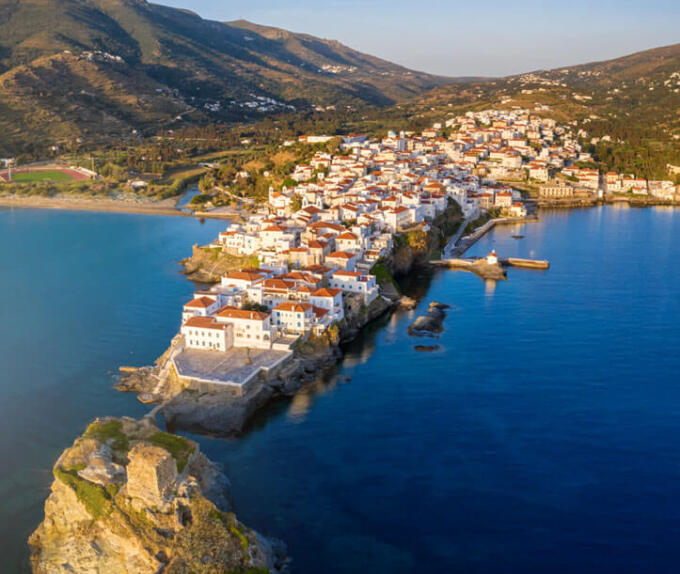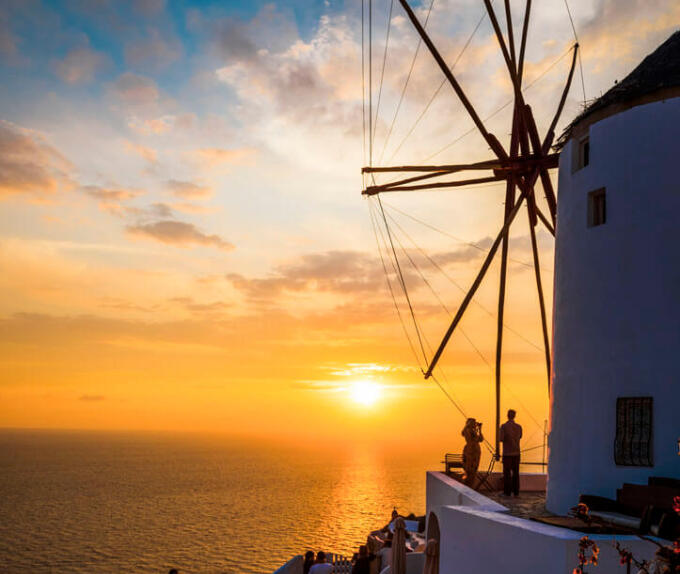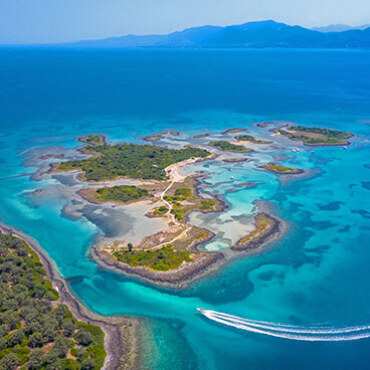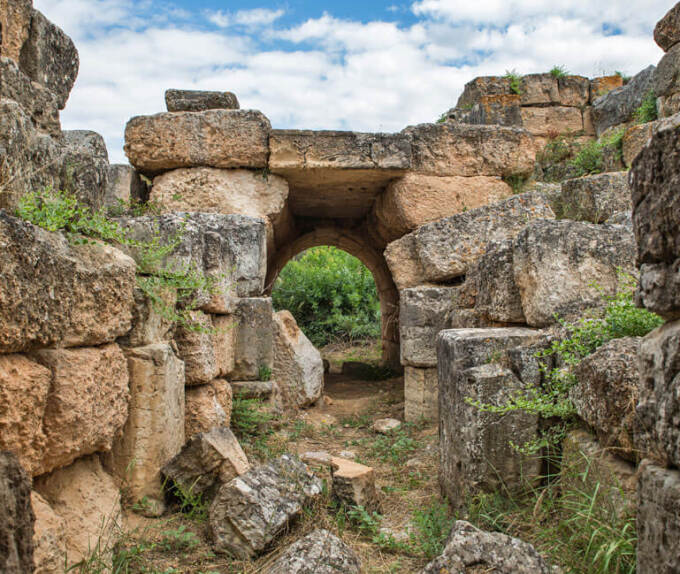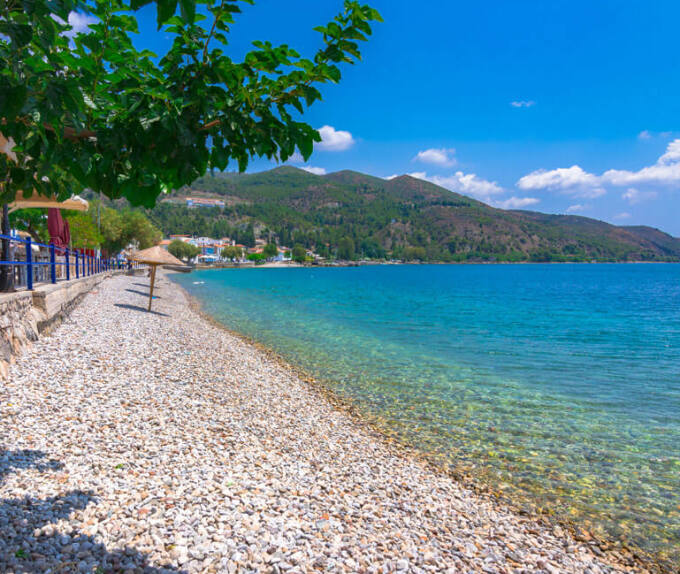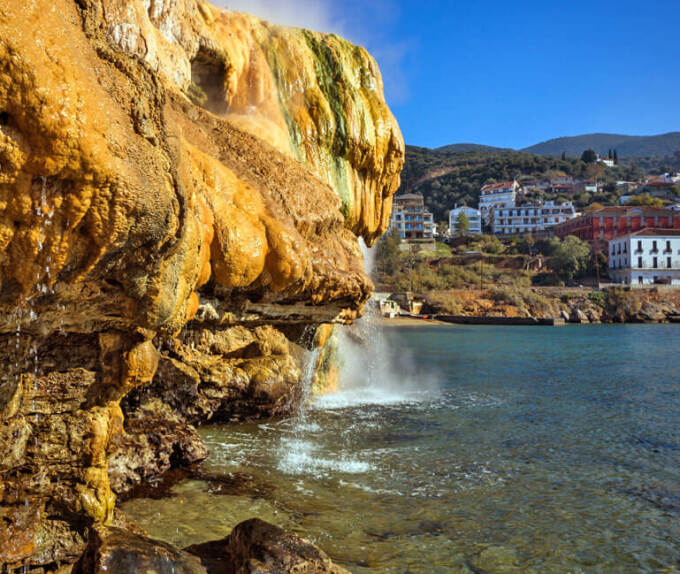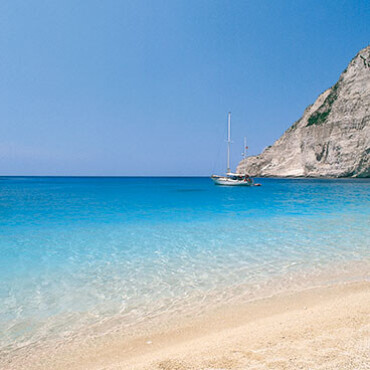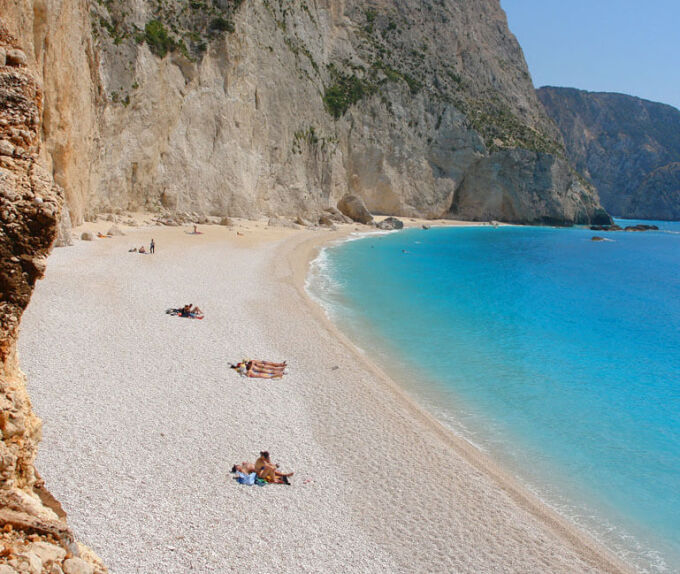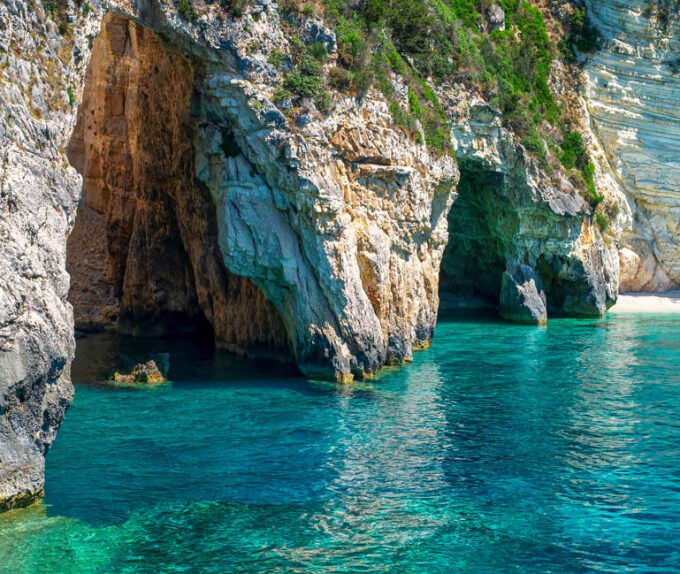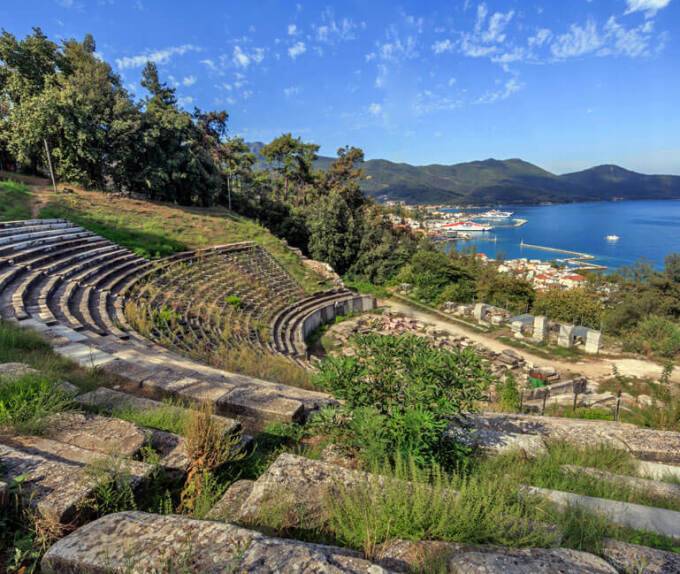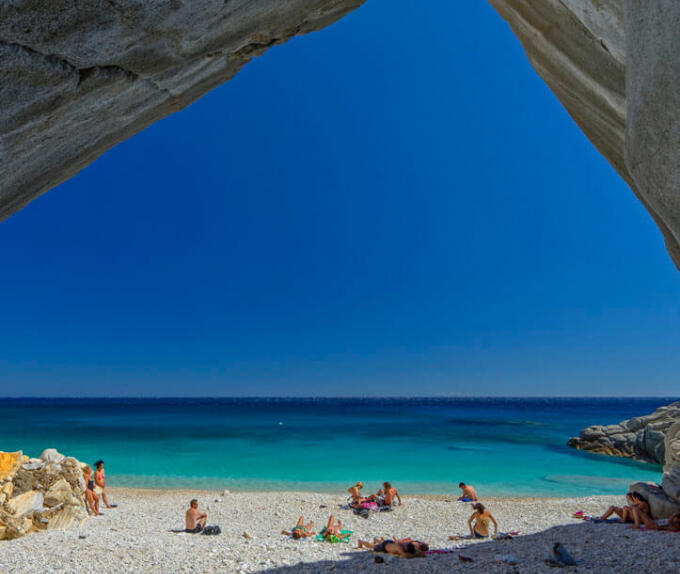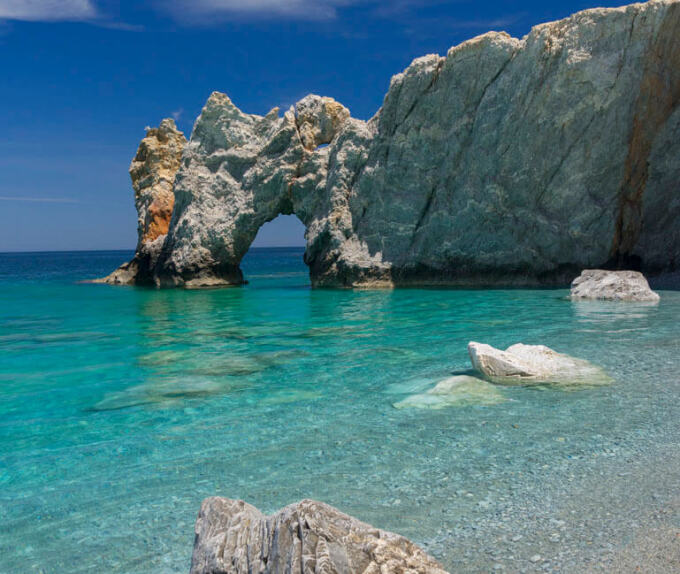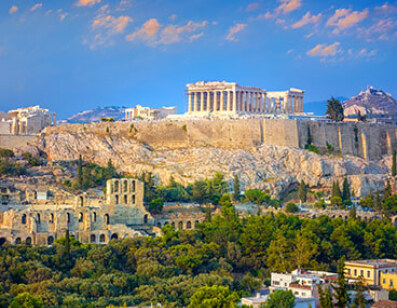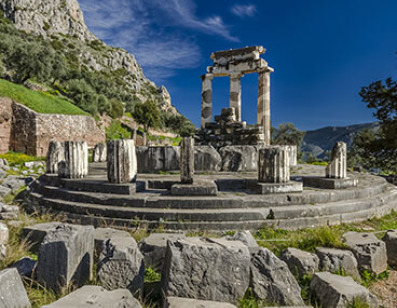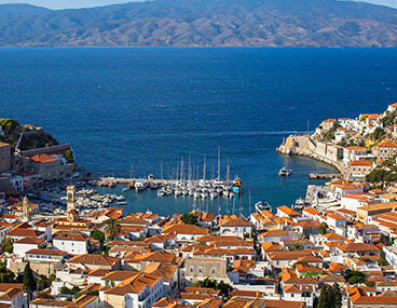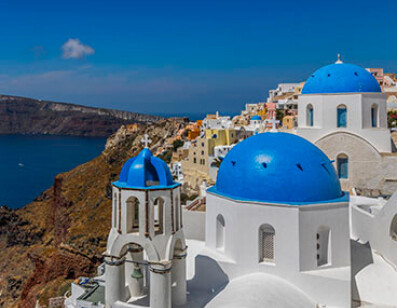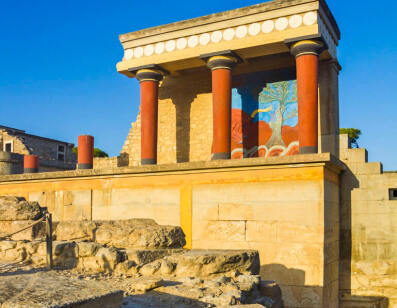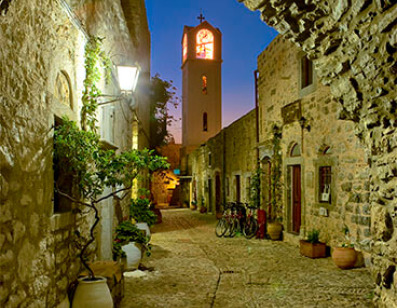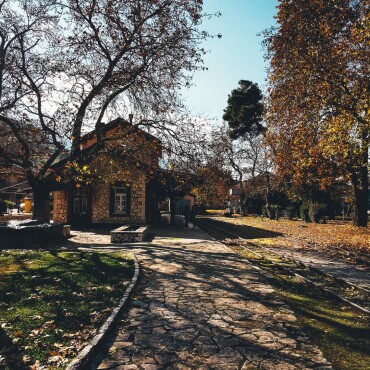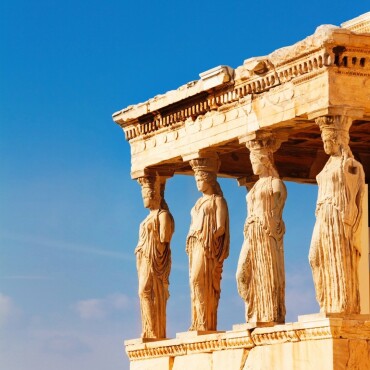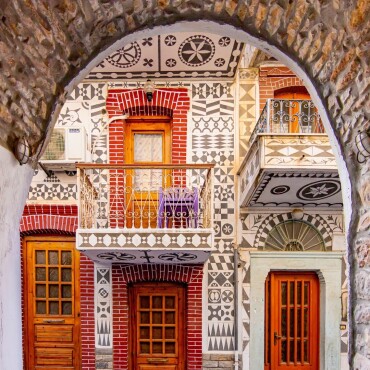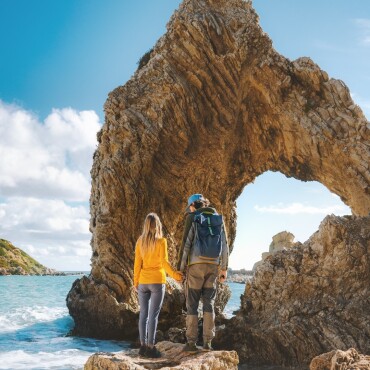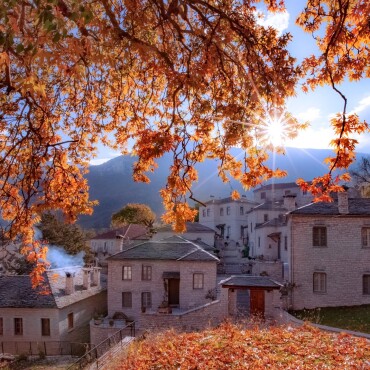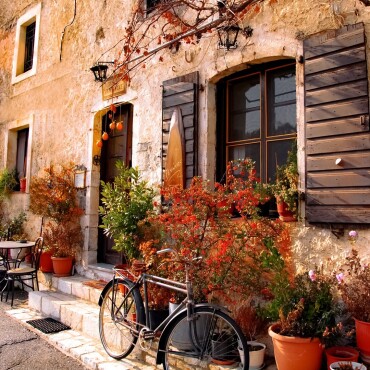
Events
VIEW ALL- Exhibitions
- Festival
- Music
- Sports
- Attica
- Central Greece
- Crete
- Cyclades
- Epirus
- Macedonia
- Peloponnese
- Sporades
- Thrace
- Athens
- Epidaurus
- Galaxidi
- Heraklion
- Ioannina
- Kozani
- Livadeia
- Naoussa
- Patras
- Rethymno
- Santorini
- Skyros
- Soufli
- February
- March
- April
- May
- June
- July
- August
- September
- October
- November

Experiences
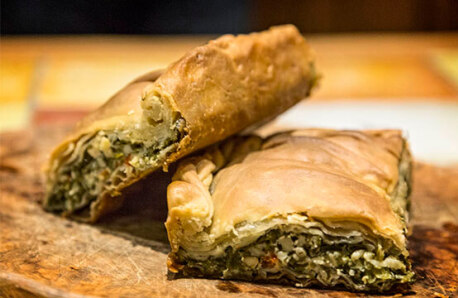



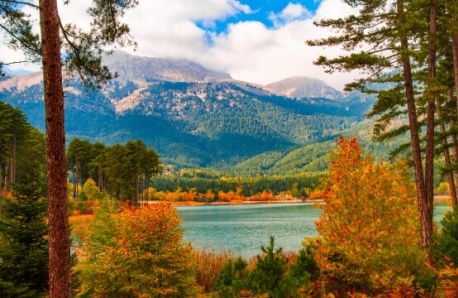

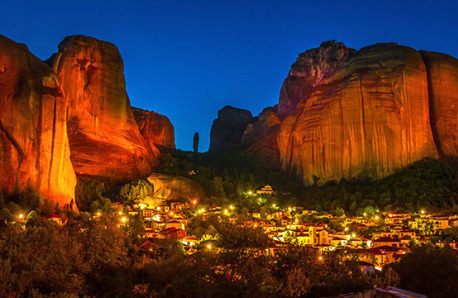
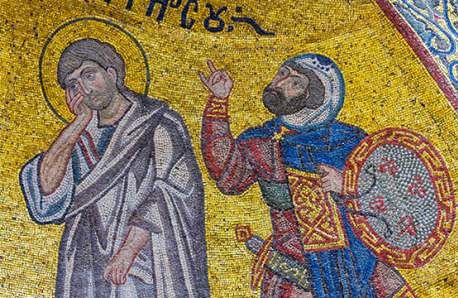
Read our Blog
VIEW ALL BLOGFun Facts
Continuously inhabited for over 7,000 years, Athens is one of the oldest cities in Europe.
Greece has historically engaged in wine making. Take for example Dionysus, the son of Zeus, the god of the grape-harvest, winemaking and wine. His face is seen today on the sommelier’s pin which is a symbol of respect to wine’s contribution throughout history.
The species and subspecies of the native plants in Greece are about 6,000, almost as much as 50% of the native plants of Europe!
In Greece, people celebrate the “name day” of the saint that bears their name in a similar way to their own birthday.
On Anafi Island, lies the rock of Kalamos, the second highest monolithic limestone after Gibraltar; a must-see for climbers who will enjoy a great challenge here.
Alexander the Great, one of history’s greatest warriors and leaders of all time, was Greek. Alexander the Great conquered land all the way from Greece to Asia. His achievements and conquests gave rise to the later Hellenistic period (323 BC - 31 BC).
Olympus (2,917m), the mountain of Gods and Muses is the highest mountain of Greece and the 2nd in the Balkans.
Athens is one of the few coastal cities worldwide that is surrounded by mountains. These are Mt. Hymettus, Mt. Penteli, Mt. Parnitha and Mt. Aigaleo.
Did you know that in Greece, 47 mountains are over 2000m., 105 mountains between 2000 and 1500m., 155 mountains are between 1500m. and 1000m. The number of mountains under 1000m. have yet not been recorded.
700 plant species of Greece are endemic, meaning that they may be found only in Greece; approximately 20% of those are aromatic or medicinal plants.
Did you know that Greece is the third largest producer of olive oil in the world? Greeks have cultivated olive trees since antiquity. Some of the olive trees that are still producing olives date back to the thirteenth century.
Did you know that Greece has the biggest EU consumption of olive oil per capita, with around 12 kg per person per year?
Greece is the place where democracy was born. But democracy in ancient Athens was significantly different from modern democracies. It was both more participatory and exclusive, and there were no political parties in Athenian democracy.
Did you know that Greece has around 6,000 islands, islets and rocky islets? 2,000 of them are islands and only 107 of them are inhabited!
No part of Greece is more than 137km from the sea.
Greek is one of the oldest spoken languages in Europe since it has been spoken for more than 3.000 years.
Crete, Greece’s largest island and birthplace of the Minoan Civilisation, is the most southern one, except for the little island of Gavdos!
Greece's national drink is ouzo. Ouzo is a dry anise-flavoured aperitif. Cheers, "stin igia mas" in Greek!
Greece' s official name is Hellenic Republic. However Greeks call their country Hellas or Hellada.
Feta, which is made from sheep and goat’s milk, is Greece’s national cheese. It dates back to the Homeric ages, and the average per-capita consumption of feta cheese in Greece is the highest in the world!
Explore Greece
Central Greece

Dodecanese

Places to Visit
North Aegean





